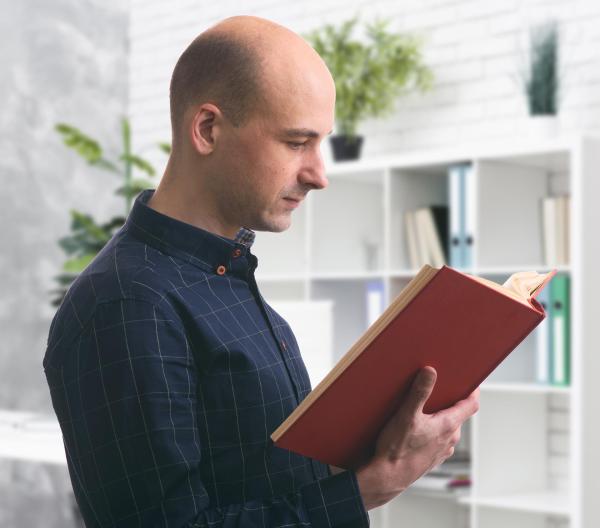One of the consequences of the advent of cable television was the 24-hour news cycle. With so much time to fill and frequently little news, we suddenly found the advent of breaking news, which lead inevitably to the news of a crisis. Nowhere has this been on greater display than our response to COVID, and as we approach the midterms, you can have your pick of the latest crisis to befall us.
“But catastrophism fails to capture the complexities of problems that play out over a long time scale, like Covid and climate change. In a tornado or a flood, which are not only undeniably serious but also require immediate action to prevent destruction, people drop political disputes to do what is necessary to save lives. They bring their loved ones to higher ground. They stack sandbags. They gather in tornado shelters. They evacuate. Covid began as a flood in early 2020, but once a danger becomes long and grinding, catastrophism loses its purchase, and more measured public thinking is required.
Even if the extension of catastrophic rhetoric to longer-term and more complex problems is well-intentioned, it unavoidably implies that something is morally or mentally wrong with the people who fail to take heed. It makes those who are not already horrified, who do not treat the crisis as an undeniable, act-now-or-never calamity, harder to comprehend: What idiot wouldn’t do everything possible to avert catastrophe?”
From the New Atlantis, Unsustainable Alarmism
Remember the cocktail party? Its heyday was the 30s through the 50s and it was another forum for friends and others to get together, chat, all in these instances lubricated by a bit of alcohol. But many of those gatherings allowed for talking about politics, something that today’s more vocally divisive, tribal society rarely permits – unless you mean echo chambers of thought. In that same era, politicians on opposite sides of the aisle could be besties and still disagree and maneuver around one another – think Lyndon Johnson. Does friendship play a role in our political lives?
“Arendt sees friendship as allied to politics: not as a substitute for politics, nor as a way of doing politics, but as a condition necessary for the survival of politics as she understood it,” writes Jon Nixon in his book Hannah Arendt and the Politics of Friendship. “Friendship is what lies between the private world of the familial, tribal, and religious affiliation, and the political world of institutional and association affiliation based not on family, tribe, or religion but on equality.
… she wasn’t saying that friendship with people “across the aisle” is somehow going to save us, or that all politics have the same impact on humans. Instead, Arendt means something slightly different: that friendship with other people (including those you generally agree with) subverts power. Friendship — in which people see and recognize one another’s differences, affirm and challenge those differences, and ultimately grow — pushes back against tyrannical forces that try to deny our individuality and dignity.”
From Vox, The radical political power of friendship
I can’t think of a time that I included a “scientific” article in What I Am Reading, although, given my current work, it occupies much of my time. But this speculative study gave me a different view of gun ownership. I own guns, but I do not think that the researchers’ findings apply to gun owners in the aggregate; that said, if you are a fan of how our history modifies our present, this may be of interest.
“Why do so many Americans look to their firearms for safety? According to the Coping Model of Protective Gun Ownership, gun owners use guns symbolically as an aid to manage psychological threats stemming from their belief that the world is a dangerous place from which society will not protect them. American gun owners are more likely than non-gun owners to believe that the world is dangerous and that institutions of order, such as government or police, are unable or unwilling to keep them safe. These beliefs trigger worries in gun owners concerning their fundamental needs, including their safety, their control and self-efficacy, and their place in society. Guns, in turn, become more salient to owners when core identities are threatened. Gun owners use their weapons to defend against all these meaning-threats, with owners more likely to believe that a gun keeps them safe, keeps them in control, and keeps them belonging to important social groups.”
Before the Civil War, guns were tools, but then things changed, “The end of the war and the demobilization of over half a million men, with their guns, left America as one of the most heavily armed societies in the world.”
From the Proceedings of the National Academy of Science, Historical prevalence of slavery predicts contemporary American gun ownership




